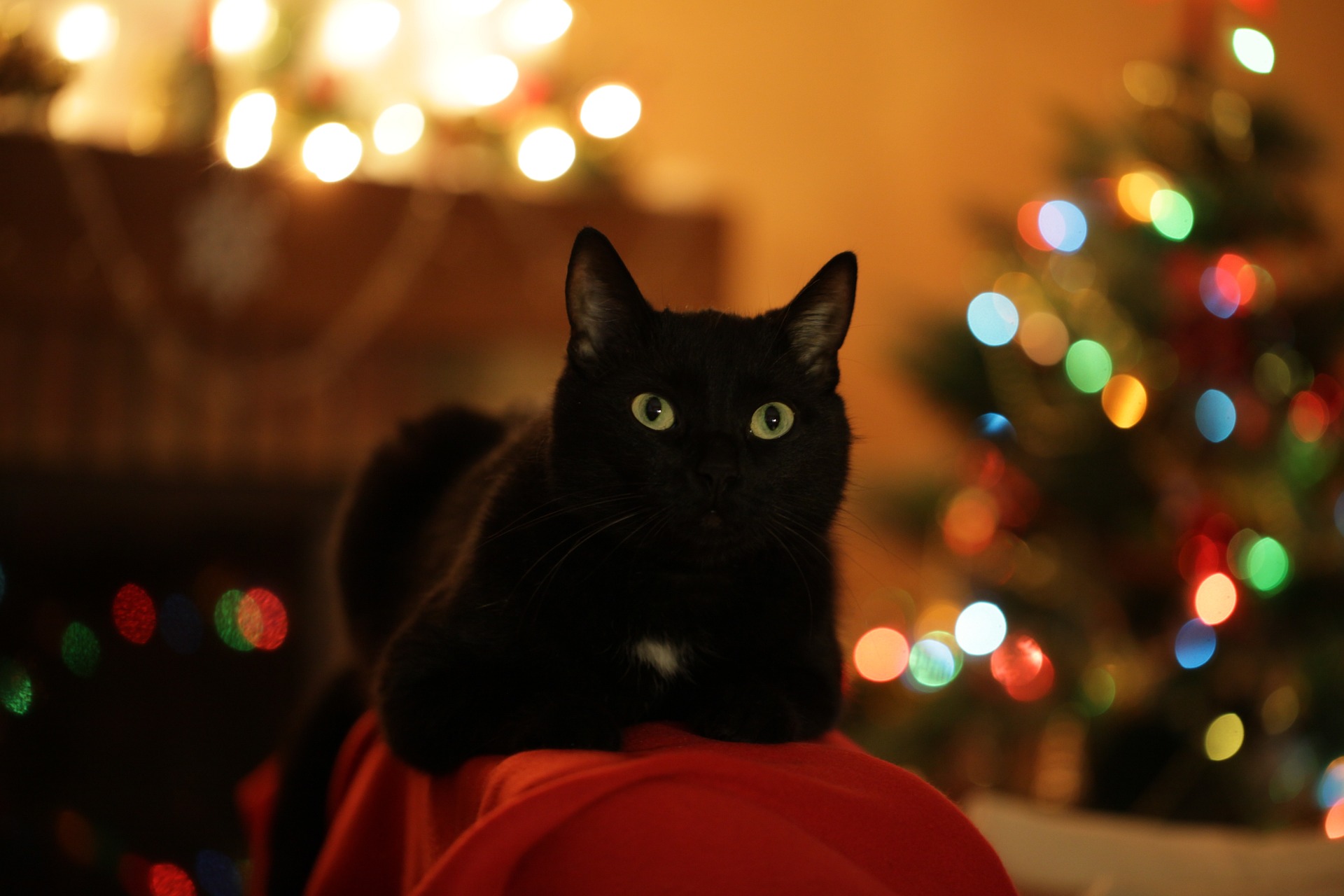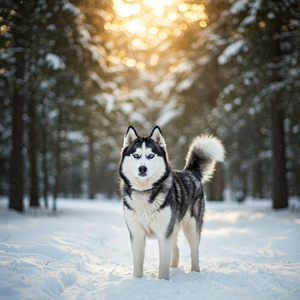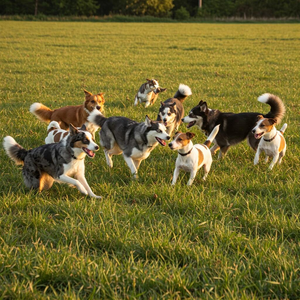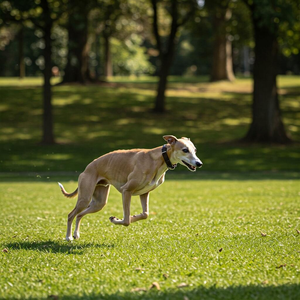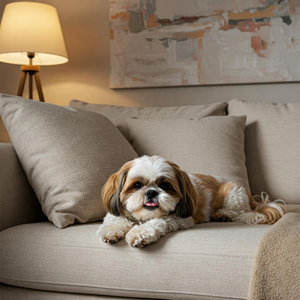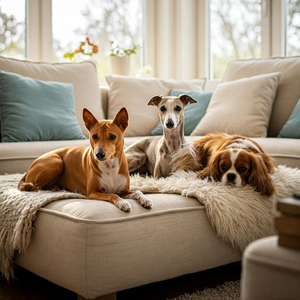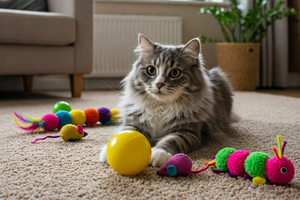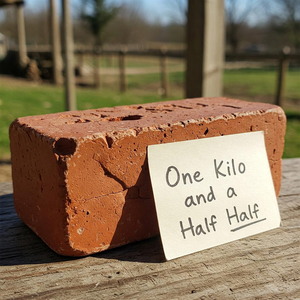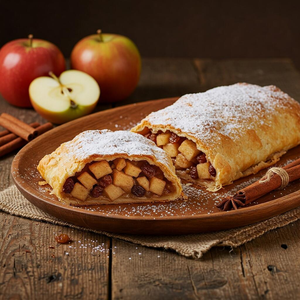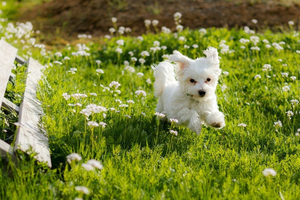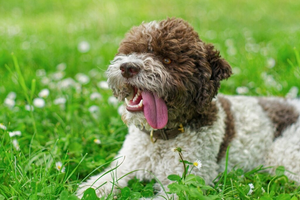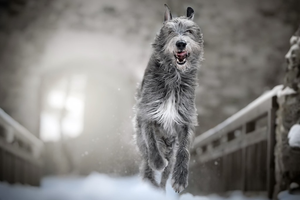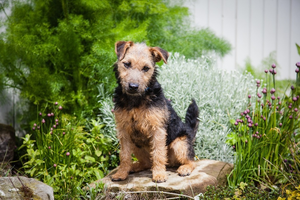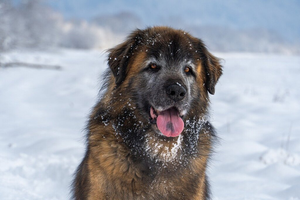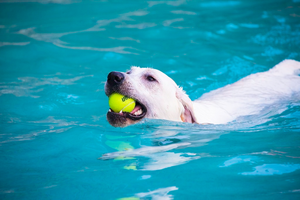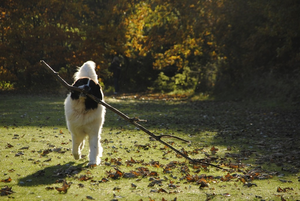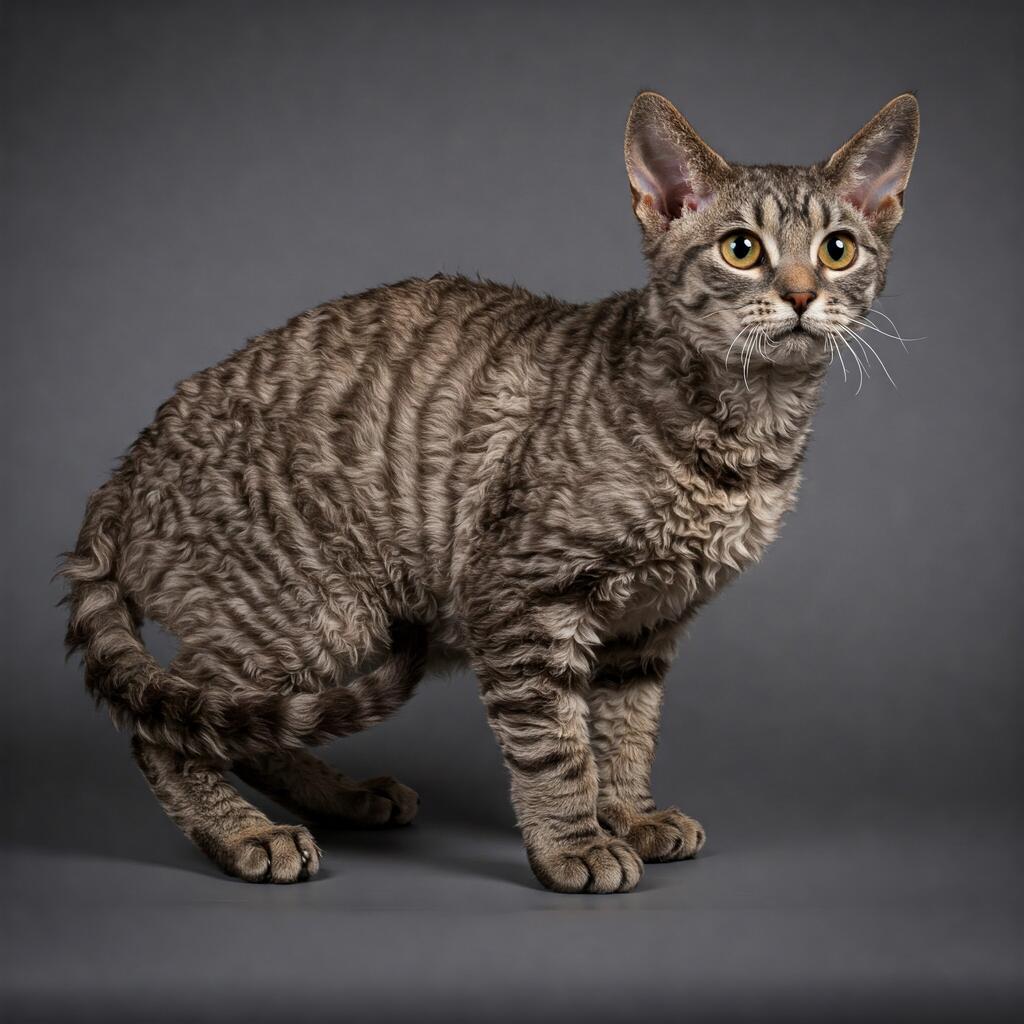
German Rex Cats: A Look at This Rare Breed
The German Rex cat is a very rare cat. Like all Rexes, see Cornish Rex and Devon Rex, it has the characteristic curly coat. The difference is that in the German Rex the Rex gene is dominant, whereas in the other two Rex breeds it is recessive. Which means that it only takes one of the parents having curly hair to give birth to kittens with the same hair.
The history of this breed is quite young, in fact in Germany, by Dr. Scheuer-Karpin, around 1946, kittens with curly hair were born from several matings. Subsequently, two specimens of this breed were also brought to France by Professor Etienne Letard, but they were never successful. In fact, very few specimens of this breed can still be found today.
What differentiates the German breed from the other two Rexes apart from the gene is the upper part of the coat, which is generally pigmented.
Character of the German Rex Cat
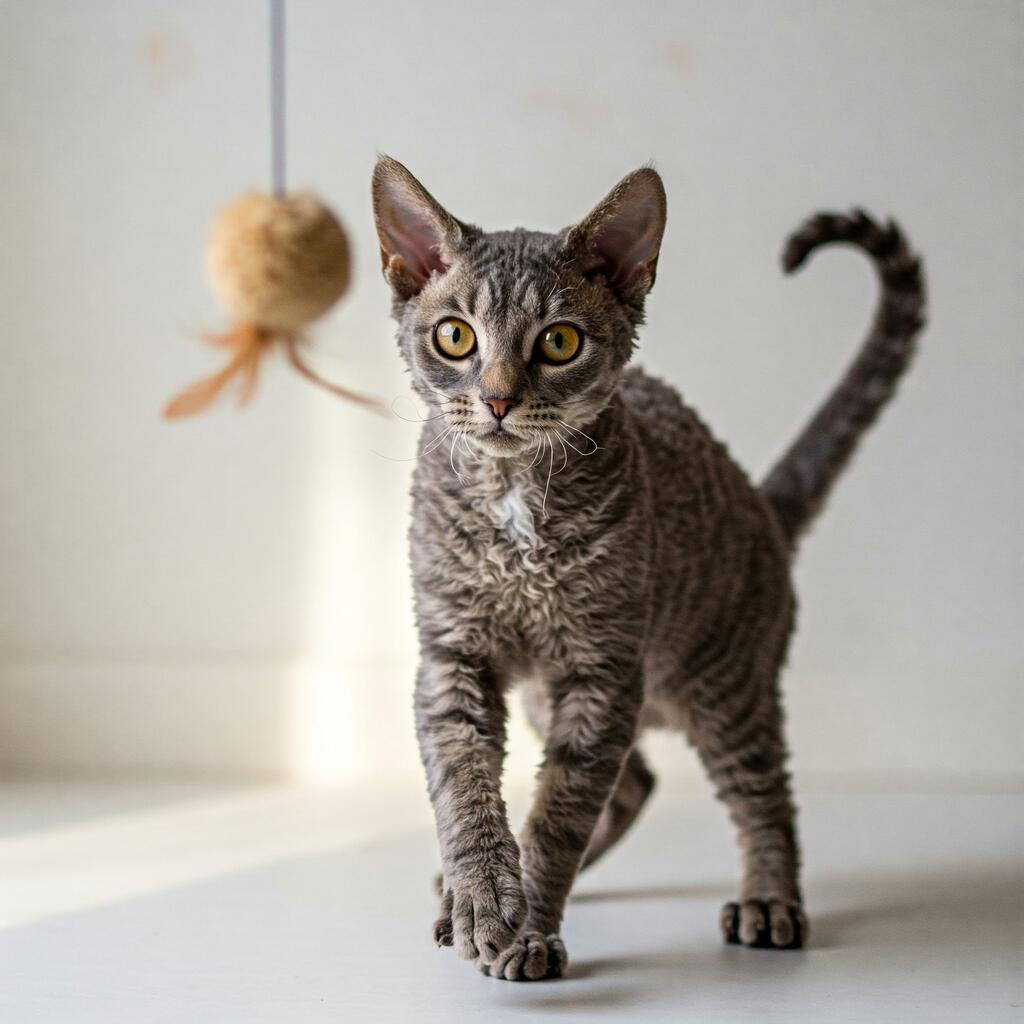
This kitten is the classic flat cat, loving to lounge on sofas and beds and enjoy all the comforts they are given. However, they are also cats who love to run, jump and climb. Their absolute sociability leads them to get along well not only with humans but also with other cats and dogs. They are also very accommodating with strangers and tend to put even those who are not very familiar with pets at ease.
They are very intelligent cats and can easily be trained to fetch or play simple games.
Appearance of the German Rex Cat
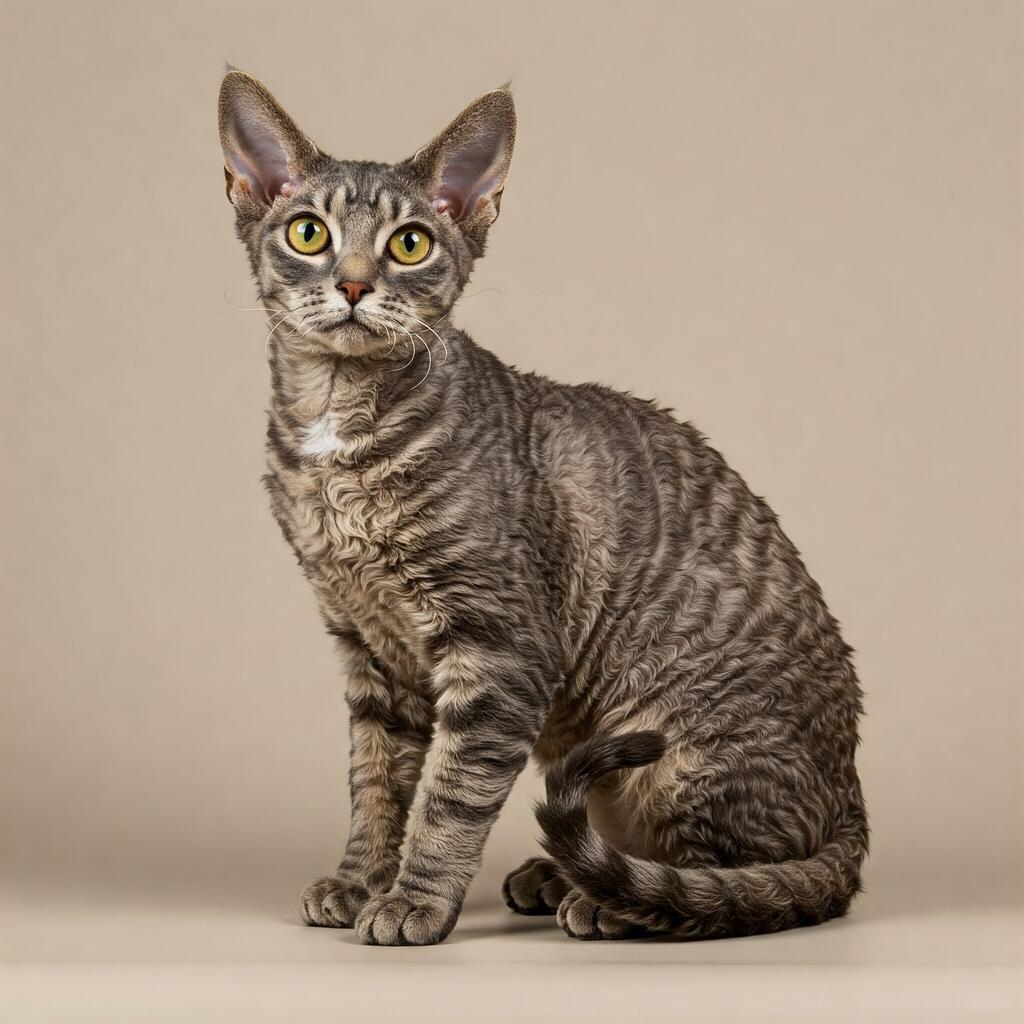
The body is muscular and heavy with a rounded chest, thin paws and average length, the tail is broad at the base and rounded at the tip. The head is rounded with well developed cheeks, the whiskers and eyebrows are rippled, shorter than usual and curly. The ears are wide at the base, slightly rounded at the tips and with the exterior well provided with fine hairs. The eyes are medium sized and well open, of a very bright colour in harmony with the colour of the coat.
The coat is short, soft, velvety and very silky. As for the colours these can be of all varieties both in colour and pattern including white.
Care and health of the German Rex Cat
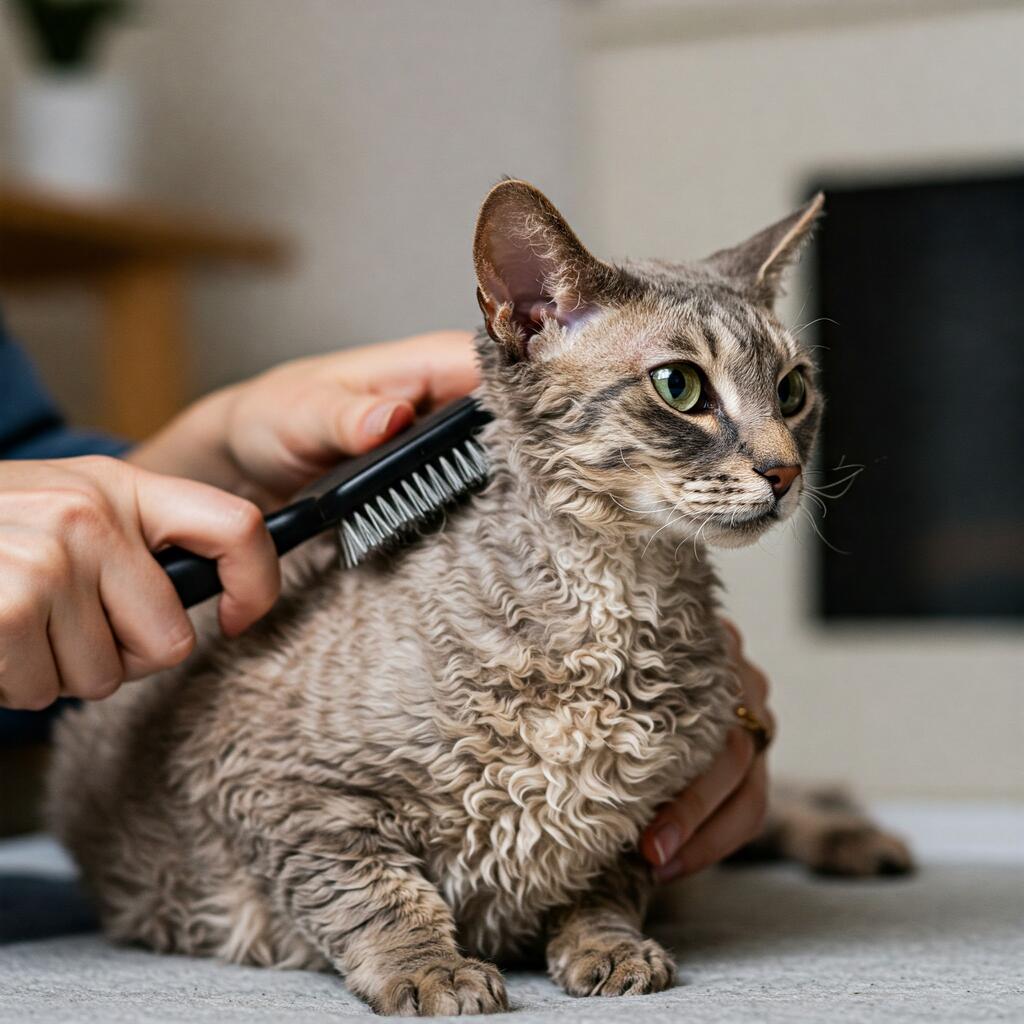
It is a cat that particularly suffers from changes in temperature and therefore it is good to cover it if you take it outside in the cold season. It has a life expectancy of around 14 years.
As far as looking after its coat is concerned, it should be brushed frequently, at least a couple of times a week, and instead of a brush it should be brushed with a soft cloth or glove; it has a tendency to put on weight, so it is best to take special care of its diet.

